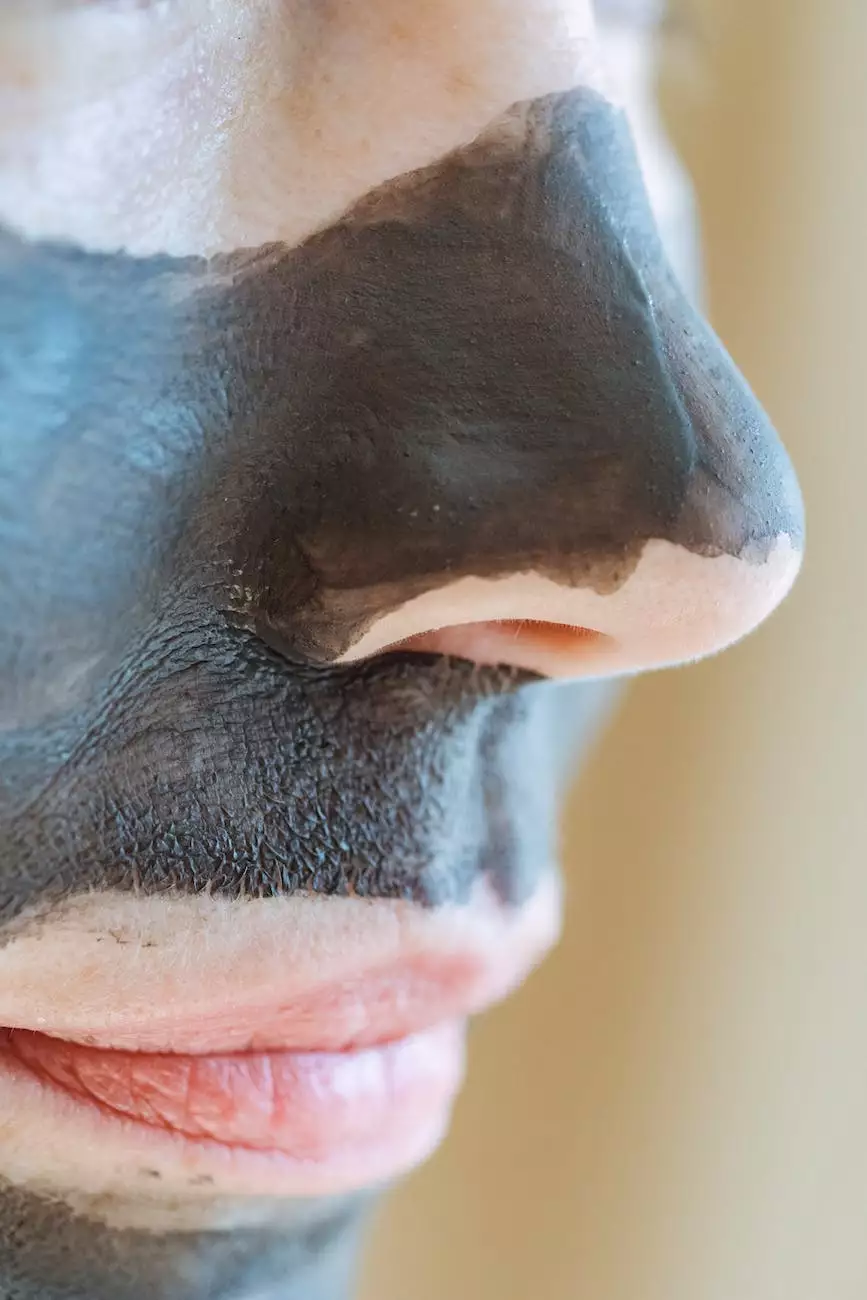Hair Loss After Surgery: Why Does It Happen and What Can You Do

About Smith, Arthur F, MD
Welcome to Smith, Arthur F, MD, a trusted source of comprehensive information on various health topics. Our mission is to provide individuals with valuable insights and resources related to their health concerns. In this article, we will explore the causes of hair loss after surgery, its impact on individuals, and effective solutions to manage and prevent it.
Understanding Hair Loss After Surgery
Hair loss after surgery, also known as telogen effluvium, is a common condition that affects many individuals post-surgery. This type of hair loss occurs due to physical or emotional stress on the body, which interrupts the natural hair growth cycle. It is important to note that hair loss after surgery is usually temporary and hair regrowth is expected within a few months.
Causes of Hair Loss After Surgery
The exact cause of hair loss after surgery is not fully understood, but there are several factors that may contribute to this condition:
- Anesthesia: The use of anesthesia during surgery can sometimes lead to temporary hair shedding.
- Physical stress: Surgery puts physical stress on the body, which can disrupt the hair growth cycle and lead to hair loss.
- Emotional stress: The emotional stress associated with surgery, such as anxiety or trauma, can also trigger hair loss.
- Inflammation: Surgical procedures can cause inflammation in the body, which may affect hair follicles and result in hair loss.
- Medications: Certain medications prescribed during the post-surgery recovery period can contribute to hair loss as a side effect.
The Impact of Hair Loss After Surgery
Experiencing hair loss after surgery can be emotionally distressing for many individuals. Hair is often associated with self-identity and confidence, making the temporary loss of hair a significant concern. Understanding the causes and impact of hair loss after surgery is essential in addressing the issue effectively.
Managing and Preventing Hair Loss After Surgery
While hair loss after surgery is typically temporary, there are several measures you can take to manage and prevent further hair loss:
1. Proper Nutrition and Hydration
A well-balanced diet with essential nutrients like vitamins A, C, E, and B-complex, along with minerals like zinc, iron, and biotin, can support healthy hair growth. Additionally, staying hydrated helps maintain overall scalp health.
2. Gentle Hair Care
Avoid aggressive brushing or styling techniques that can cause further damage to your hair. Use a wide-toothed comb or a soft brush to gently detangle your hair and avoid pulling or tugging on the strands.
3. Stress Management
Engage in stress-relieving activities such as yoga, meditation, or deep breathing exercises to manage emotional stress. Taking care of your mental well-being can positively impact your hair growth.
4. Avoid Harsh Chemicals
Minimize the use of hair products that contain harsh chemicals, such as sulfates or parabens, as they can further damage the hair follicles and contribute to hair loss.
5. Consult a Healthcare Professional
If you are concerned about hair loss after surgery or experiencing persistent hair loss, it is recommended to consult with a healthcare professional or a specialist who can provide personalized advice and guidance based on your specific situation.
Conclusion
Hair loss after surgery is a temporary condition that can be distressing for individuals. Understanding the causes, impact, and management techniques can help alleviate concerns and support the regrowth of healthy hair. At Smith, Arthur F, MD, we strive to provide comprehensive information on health-related topics to empower individuals in making informed decisions about their well-being.




